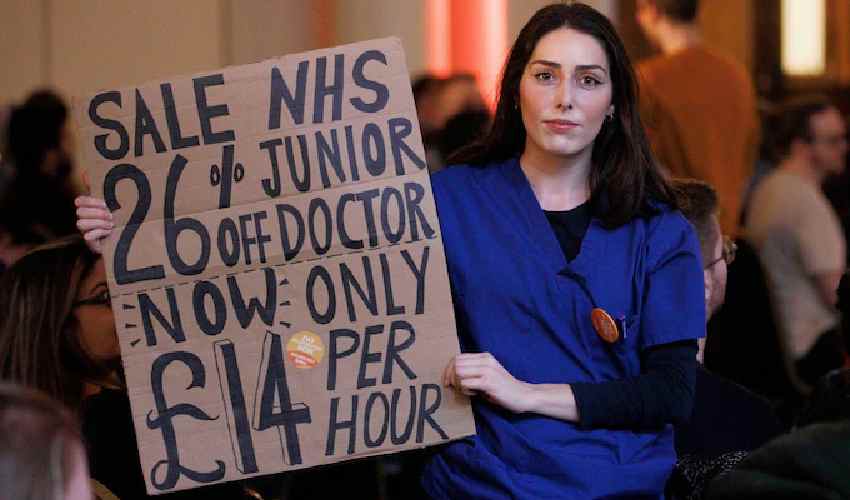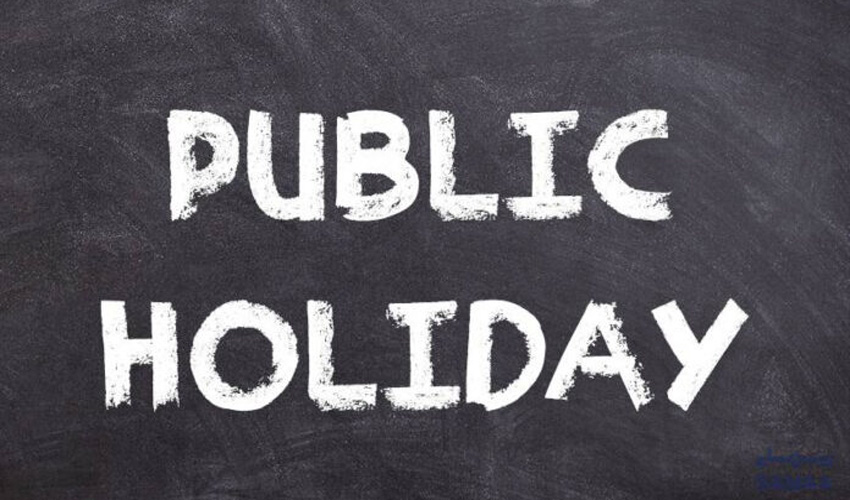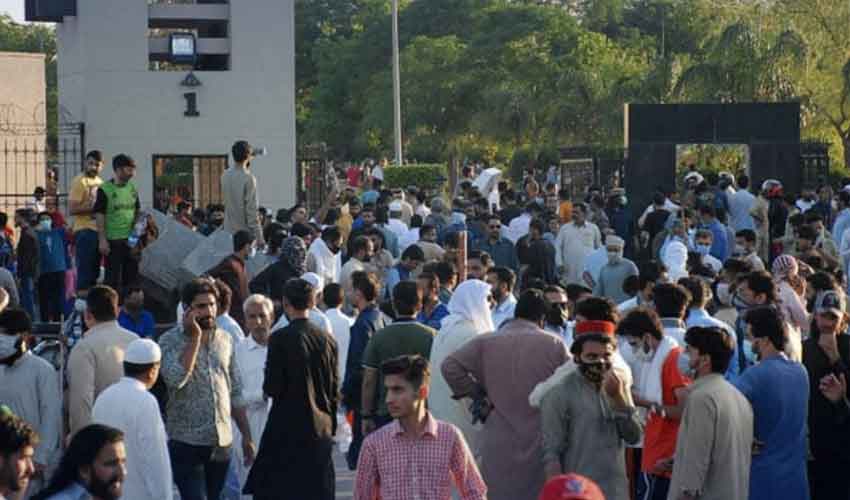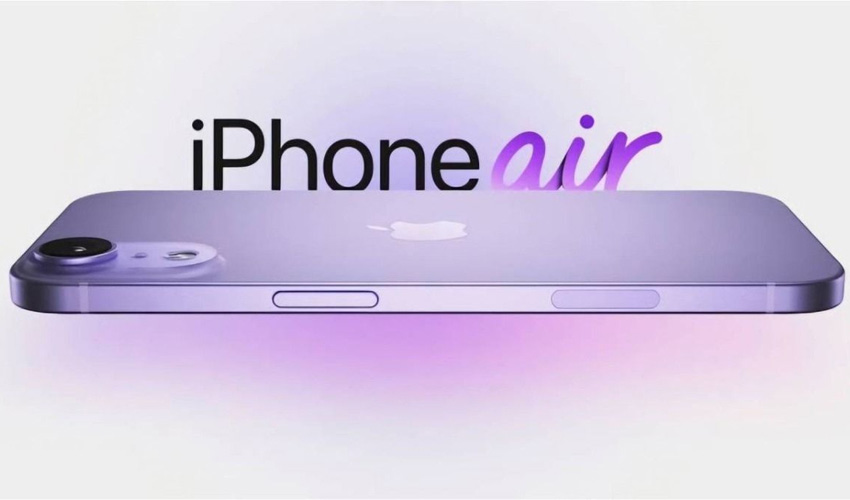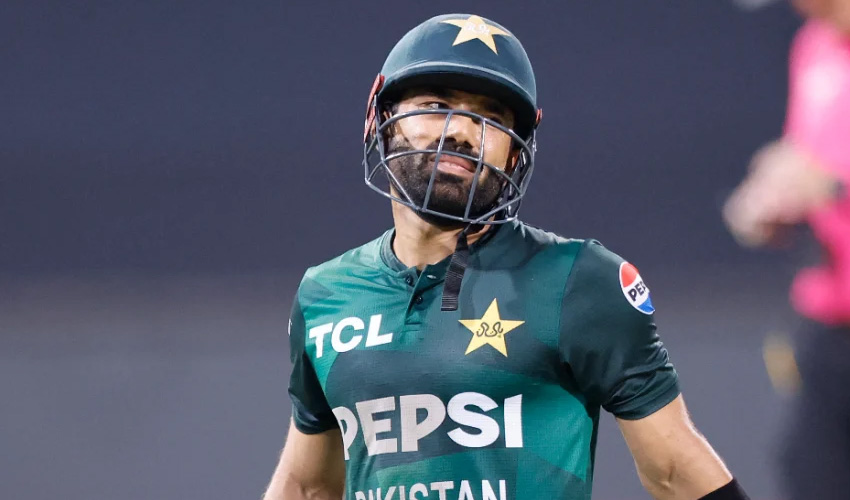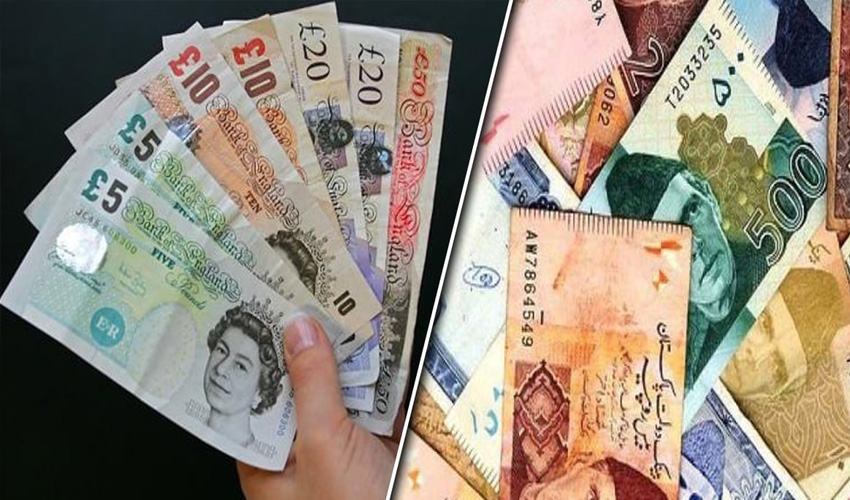Hospital doctors in England on Wednesday begin their longest consecutive strike in the seven-decade history of Britain's National Health Service (NHS).
Junior doctors -- those below consultant level -- will walk out for six days in a major escalation of their long-running pay dispute with the UK government.
The industrial action comes at one of the busiest times of the year for the state-funded NHS, when it faces increased pressure from winter respiratory illnesses.
It also quickly follows a three-day strike held by doctors just before Christmas.
The NHS said the latest walkout, which could see up to half of the medical workforce on picket lines, would have "a significant impact on almost all routine care".
"This January could be one of the most difficult starts to the year the NHS has ever faced," said its national medical director, Stephen Powis.
The strike starts at 7:00 am (0700 GMT) and is due to end at the same time on Tuesday January 9.
The British Medical Association (BMA) announced the walkout in December after a breakdown in talks with the government.
The union said junior doctors have been offered a 3.0-percent rise on top of the average 8.8-percent increase they were given earlier this year.
It rejected the offer because the cash would be split unevenly across different doctor grades and would "still amount to pay cuts for many doctors".
Junior doctors have gone on strike at least seven times since March.
Prime Minister Rishi Sunak and hospital leaders have criticised the action.
Health policy is a devolved matter for the administrations in Scotland, Wales and Northern Ireland, with the UK government overseeing England.
Junior doctors in Wales are due to walk out for 72 hours from January 15.
Those in Northern Ireland have voted for potential strike action.
Their Scottish counterparts have struck a deal with the government in Edinburgh.
The NHS typically sees a rise in the number of people in hospital in the two weeks after Christmas, due to people delaying seeking treatment in order to spend the festive season with loved ones.
The service is already facing huge backlogs in waiting times for appointments and surgery, blamed on treatment postponement during Covid but also years of under-funding.
Read More: NHS vs BMA showdown as junior doctors go on 6-day strike
NHS doctors junior strike dates
Junior doctors are on a six-day strike from 7am Wednesday (GMT). The strike is being observed on the eve of the 144-hour strike – the longest in NHS history.
British Medical Association members will walk out for 144 hours in a row from 07:00 GMT on 3 January until 07:00 on 9 January across all of England.
The BMA has stressed that, like NHS England, it is fully committed to patient safety.
Could be toughest strike since 1948, admits NHS executive
The NHS in England could be facing one of its most difficult starts to the year since it was founded in 1948, one of its most senior executives has said, reported British Broadcasting Corporation BBC).
Patient advisory amid 144-hour strike
Patients are being urged to continue to call 999 and use A&E in life-threatening emergencies, with cover provided by more senior consultant doctors on strike days.
Strike call off efforts fade away
A spokesman for the Department of Health and Social Care said: "We urge the BMA junior doctors committee to call off their strikes and come back to the negotiating table so we can find a fair and reasonable solution, and so we can all get back to focusing on patients and their care.
"We know how distressing it is for patients who have had appointments and procedures cancelled, and we have provided £800m to ensure patients continue to receive the highest quality care this winter and ease pressure on hospitals impacted by industrial action."
Timeline of dispute between NHS, BMA
It started in 2015 October 12 when Junior doctors demanded "concrete assurances" from the then Health Secretary Jeremy Hunt, saying the "threat" that a contract would be imposed upon them must be removed. And on October 17, Up to 20,000 people take part in a protest in London over the Government's plans to impose a new contract for doctors. Under the plans, the contract will reclassify doctors' normal working week to include Saturdays and late evening working, with critics arguing it could lead to pay cuts of up to 30%.
Appointments cancelled
"There's likely to be many thousands of appointments cancelled." NHS Medical Director Prof Sir Stephen Powis warns NHS England is facing one of its most difficult starts to a year since it was founded, ahead of a six-day strike by junior doctors.





